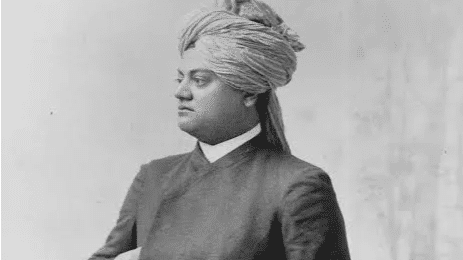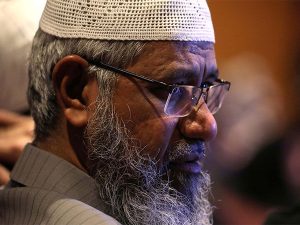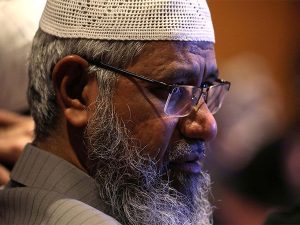One of the most towering spiritual leaders of
India, Swami Vivekananda is regarded to have introduced the Hindu philosophies
of Yoga and Vedanta to the West.
Born on January 12, 1863, as Narendra Nath Dutta, he
had an active interest in Western philosophy, history and theology.
His life’s
trajectory altered when he met Ramakrishna Param Hansa, another towering Indian
spiritual figure, and accepted him as his ‘guru’.
Today is Swami Vivekananda’s death anniversary.
Vivekananda’s speech at the Parliament of the World’s
Religions in Chicago in 1893 brought Hindu philosophy into the intellectual mainstream.
At this time of divisiveness and ethno-religious
strife across the world, many parts of his famous speech still bear resonance. “I
am proud to belong to a religion which has sheltered the persecuted and the
refugees of all religions and all nations of the earth,” Vivekananda had said.
Rueing the consequences of religious conflict in
the world, he went on to say: “Sectarianism, bigotry and its horrible descendant
fanaticism, have long possessed this beautiful earth…Had it not been for these
horrible demons, human society would be far more advanced than it is now.”
Soon after this address, Vivekananda went around
the US and UK delivering lectures and became popular as the ‘messenger of
Indian wisdom to the Western world’.
Upon returning to India, Vivekananda formed the
Ramakrishna Mission in 1897 “to set in motion a machinery that will bring (the)
noblest ideas to the doorstep of even the poorest and the meanest”. In 1899, he established Belur Math.
Through his speeches, Vivekananda
preached ‘neo-Vedanta’, an interpretation of Hinduism through a Western lens. He
believed in combining spiritual progress with materialism.






